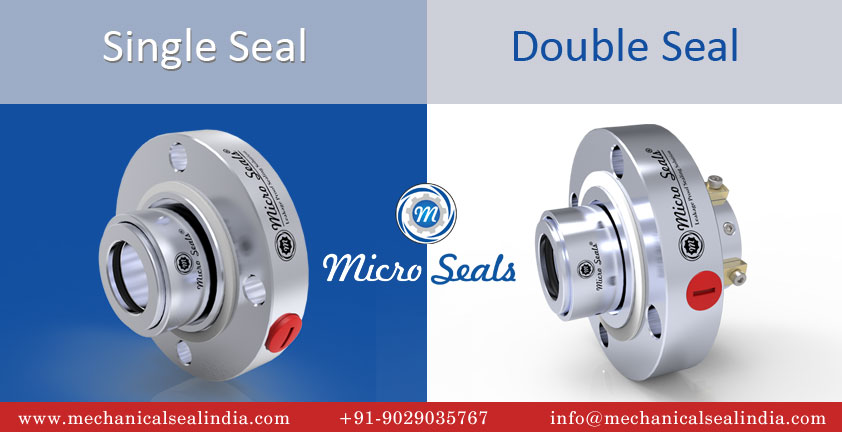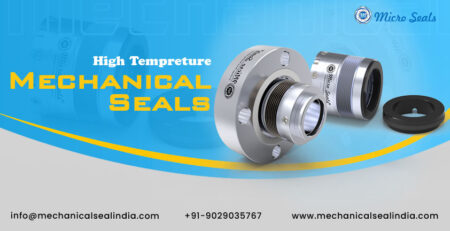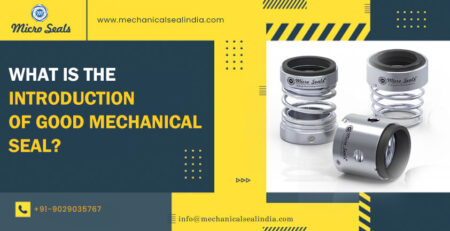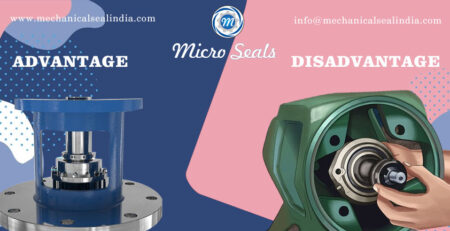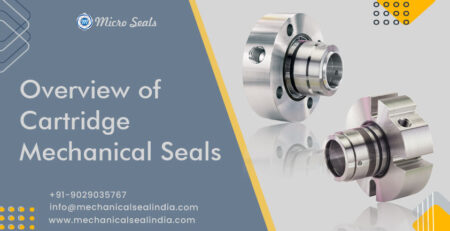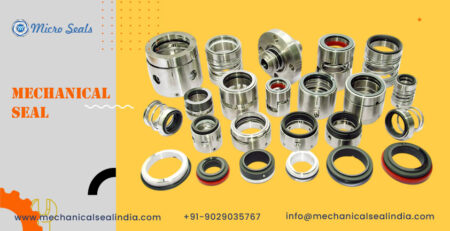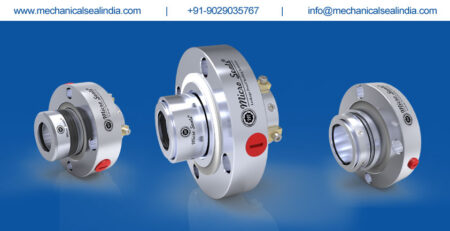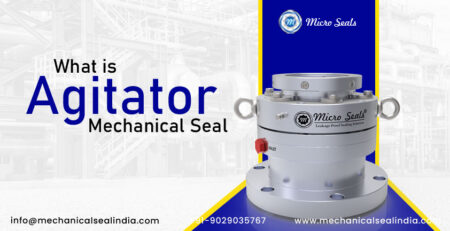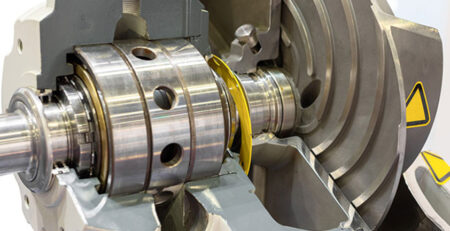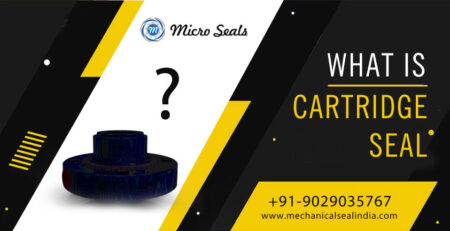Single Seal and Double Mechanical Seal
Mechanical seals are critical components in various industrial systems, ensuring leak-free operation in pumps and rotating equipment. Among the different types, single and double mechanical seals are widely used, but each serves a unique purpose. Choosing the right seal type can significantly impact performance, efficiency, and maintenance needs. In this article, we’ll explore the key differences between single and double mechanical seals, highlighting their construction, benefits, and suitable applications, so you can make an informed decision for your specific needs.
Best Single Mechanical Seal for Your Application
When selecting the best single mechanical seal for your application, it’s important to consider factors like pressure, temperature, and the type of fluid being handled.
A single mechanical seal consists of a spring mechanism that holds two flat surfaces together. These surfaces are designed to slide against one another, with a thin lubricating film between them to reduce the harmful friction that would otherwise damage the seal.
If this fluid film is absent (as in the case of pump dry running), frictional heat builds up, leading to the rapid failure of the mechanical seal.
Single mechanical seals tend to allow a small amount of vapor to escape from the high-pressure side to the low-pressure side.
The fluid helps lubricate the seal faces and dissipates the heat generated from the friction. This fluid crosses the seal faces as a liquid and then evaporates into the air. In applications where the pumped fluid poses minimal environmental risk, single mechanical seals are commonly used due to their simplicity and cost-effectiveness.
Available Range: Single Spring Balanced seals, Single Spring Unbalanced seals, Single Coil spring seals, Conical spring seals and Wave spring seals.
Application : Single Spring seals are used for Viscous, Abrasive, Crystallizing, Solidifying & Non-Corrosive Slurry.
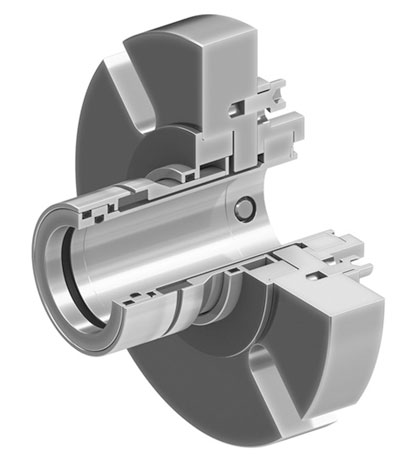
Best Double Mechanical Seal for Your Application
A double mechanical seal consists of two sets of sealing surfaces arranged in a back-to-back, tandem, or face-to-face configuration. Unlike a single seal, which relies on one pair of sealing faces, the double mechanical seal uses two pairs, offering an additional layer of protection and reliability.
Double mechanical seals are primarily used in applications where leakage control is critical, particularly when dealing with hazardous, toxic, or abrasive fluids. These seals are designed to ensure that no process fluid escapes into the environment, making them ideal for industries with strict safety and environmental standards. The secondary seal acts as a backup to the primary seal, providing extra security against leaks.
The dual-sealing surfaces provide superior containment of fluids, especially in high-pressure environments.
Ideal for handling corrosive, toxic, or abrasive materials, as they minimize the risk of contamination or leakage.
The presence of two seals increases the lifespan of the sealing system by reducing wear on each individual seal.
Double seals reduce the need for frequent replacements and repairs, leading to lower operational costs over time.
Double seals are typically equipped with a buffer or barrier fluid, which lubricates the seal faces and prevents dry running, reducing the risk of seal failure.
Applications of Double Mechanical Seals
- Chemical Processing Plants: For handling aggressive chemicals and toxic fluids.
- Oil and Gas Industry: In applications involving high pressure and hazardous fluids.
- Pharmaceutical and Food Industries: Where contamination must be avoided to maintain product purity.
- Wastewater Treatment Plants: For managing abrasive and dirty fluids.
- Pumps in High-Pressure Systems: Where single mechanical seals may not provide sufficient leakage control.
Features of Double Mechanical Seals
- Dual Seal Faces: Two pairs of seal faces provide additional protection against leakage.
- Barrier/Buffer Fluid: A barrier fluid is introduced between the two seals, acting as a lubricant and coolant, while also preventing contamination between the process fluid and the environment.
- Configurable Arrangements: Double seals can be arranged in back-to-back, face-to-face, or tandem configurations, depending on the application’s specific requirements.
- High Pressure and Temperature Tolerance: Suitable for extreme conditions, such as high pressure, high temperatures, or aggressive chemicals.
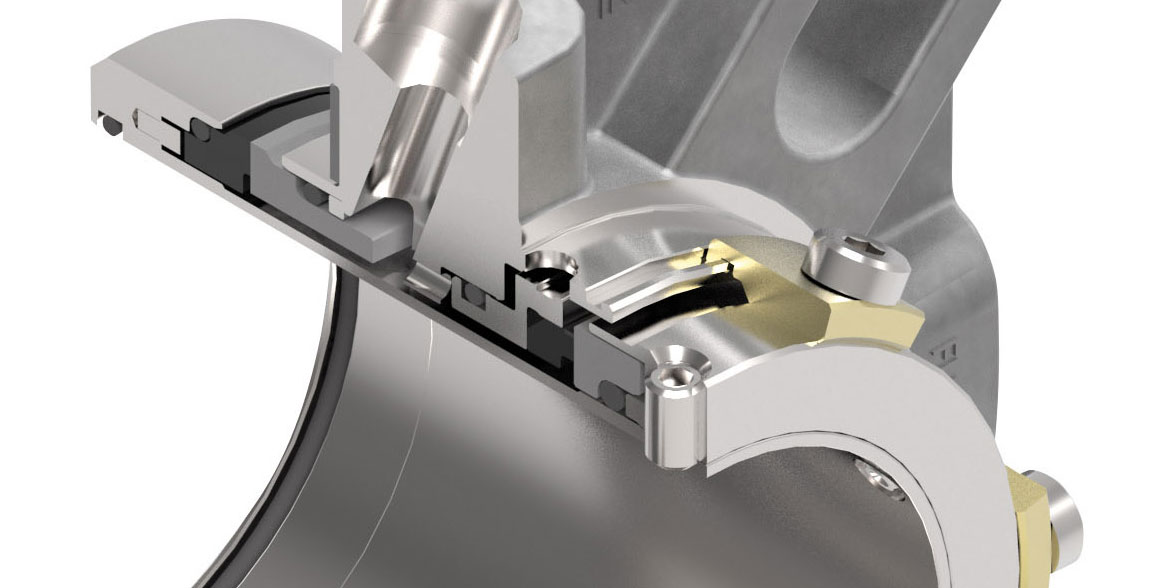
Single mechanical seals are cost-effective, easier to install, and suitable for less hazardous, low-pressure environments where minimal leakage is acceptable. In contrast, double mechanical seals provide an extra layer of protection, making them ideal for high-risk applications involving toxic, abrasive, or high-pressure fluids.
While double seals may require higher upfront investment and maintenance, their enhanced safety and reliability often make them the better option for demanding industries. Understanding the operational requirements of your system will help you select the right mechanical seal for optimal performance and safety.
To Know More about mechanical seal supplier Read Our Blog Post on top mechanical seal supplier For More mechanical seal services Information, Check out our Mechanical Seals Repair Page.
Microseals Is ISO 9001:2015 Certified Company and Leading Mechanical Seals Manufacturer & Supplier In India, Providing Leakages Solutions To All Types Of Pump Applications By Manufacturing Mechanical Seals And Sealing Components As Per Customer’s Require, Samples or Need. To Know More About Mechanical Seal Call On +91 – 9029035767 Or Email At [email protected]

